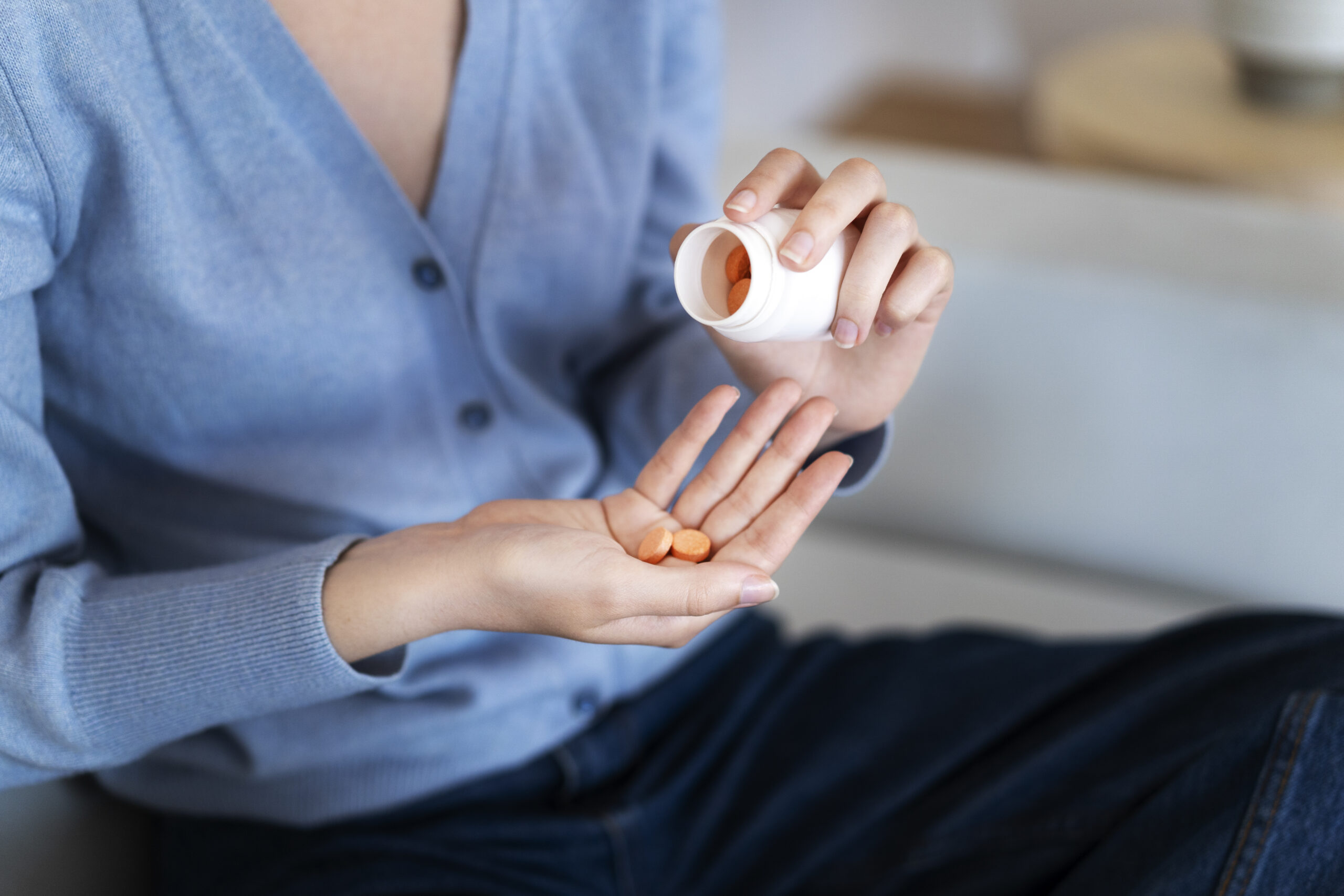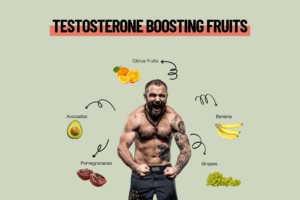In this article, I am diving into explaining some of the most important supplements to help you with your PCOS weight loss.
Polycystic ovarian syndrome(PCOS) is one of the most common hormonal disorders that have drastic effects on women’s reproductive health and overall well-being. PCOS causes irregular periods or absent periods, signs of elevated testosterone like acne, excessive hair growth particularly on the face, difficulty in pregnancy, and weight issues(loss or gain).
when a woman is diagnosed with this condition, the first thing she does is to search on Google about” what is PCOS”, the best supplements for PCOS weight loss, etc.
when there is a talk about taking supplements that notable thing is that supplements might be a reason for additional health problems like excessive urine. but here we’ll discuss what supplements, why this, and how it works in treating PCOS.
PCOS is caused by abnormal hormone levels and problems in blood sugar regulation. In PCOS, particularly women have increased androgen hormone, a male sex hormone, and also imbalances in estrogen and progesterone levels.
These hormonal imbalances cause the formation of cysts in the ovaries that stop ovulation and make it hard for women to get pregnant. PCOS is always manageable right after a woman is diagnosed, by changing lifestyle and modification in dietary patterns.
Best supplements for PCOS weight loss
1. Inositol
One of the standout supplements for PCOS weight loss is inositol, a naturally occurring vitamin B family compound. There are several different types of inositol. In PCOS, women have an abnormal ratio of inositol in the ovaries.
There are studies available suggesting supplementation of inositol Particularly myoinositol, improves insulin sensitivity, reduces androgen(the male sex hormone that causes PCOS), and regulates the disturbed menstrual cycle in women with PCOS.
The ideal dosage of myoinositol is 4 grams/day. This can be taken in the form of powder, mixed in the water, and sipped throughout the day.
Food Sources: Inositol can be found in fruits, beans, cereals, and nuts. Citrus fruits, cantaloupe, and beans all contain high quantities.
2. N-Acetyl Cysteine (NAC)
NAC is an amino acid that helps out body to make antioxidant that helps in reducing insulin sensitivity and inflammation in women with PCOS. NAC also helps in hormonal balance by addressing oxidative stress to manage weight loss. Reduces period irregularity and reduces miscarriage rate.
NAC is taken in the form of a capsule. The recommended dosage is 1.8-3grams per day in divided doses.
Food Sources: NAC is not usually present in large quantities in meals. It is commonly taken as a supplement. However, sulfur-rich foods such as garlic, onions, and cruciferous vegetables (broccoli, and Brussels sprouts) can help the body produce cysteine, a component of NAC.
3. Omega-3 Fatty Acids
Omega 3 fatty acids commonly derived from fish oil, is an anti-inflammatory, cholesterol-lowering, and insulin-sensitizing properties. Omega-3 fatty acids play a vital role in PCOS weight loss by regulating menstrual cycle and metabolic health.
Food Sources: Fish rich in omega-3 fatty acids include salmon, mackerel, and sardines. Plant-based sources of omega-3 fatty acids include hemp seeds, walnuts, flaxseeds, and chia seeds.
4. Vitamin D
The deficiency of vitamin D is commonly seen in women suffering from PCOS. Supplementation of Vitamin D along with vitamin B complex that includes B vitamin (B6, B12) helps in weight management, normalizes menstrual cycle, supports fertility, and supports metabolic health.
Food Sources of Vitamin D: Fatty fish (salmon, mackerel), fortified dairy and plant-based milk, egg yolks, and sun exposure (the body produces vitamin D when exposed to sunlight). Food sources of vitamin B include Legumes, leafy greens, Whole grains, lean meats, and dairy products.
5. Cinnamon
Cinnamon is more than just a tasty spice; it may also have health benefits for those with PCOS. Some research suggests that cinnamon supplementation can increase insulin sensitivity and lower blood sugar levels. Including cinnamon in your diet or taking a cinnamon supplement could be a tasty method to aid in your PCOS weight loss efforts.
Food Sources: Cinnamon is a spice, thus it’s not found in great quantities in most cuisines. However, you may incorporate cinnamon into your diet by sprinkling it on muesli, yogurt, or smoothies.
6. Chromium
Chromium is a trace mineral that improves insulin sensitivity, making it an important supplement for those with PCOS. Some research indicates that chromium supplementation can improve glucose metabolism and minimize insulin resistance.
While chromium is found in trace levels in many foods, supplementation may be beneficial for persons with PCOS who struggle with insulin-related issues.
Food Sources: Chromium is present in trace amounts in many foods, including whole grains, broccoli, nuts, and lean meats. The composition may vary according to soil conditions and food preparation.
Frequently Asked Questions
How should I incorporate these supplements into my everyday routine?
The most effective strategy to incorporate supplements is to create a consistent schedule. Some vitamins can be taken with meals, while others work better on an empty stomach. Consulting with a healthcare practitioner can provide tailored advice on timing and dose.
Can I get these nutrients from food alone, or do I need to take supplements?
Getting nutrients from whole foods is preferred. However, some ailments, dietary limitations, or particular needs might require supplementing. It is best to aim for a well-balanced diet and speak with a healthcare practitioner to see if supplementation is necessary.
Is it safe to take these supplements, and are there any adverse effects?
In general, the mentioned supplements are regarded as safe when used at the recommended dosages. Individual responses may vary, so it’s important to check with a healthcare practitioner before beginning any new supplement plan, especially if you have underlying health concerns or are taking other medications.
Ending note
The above-discussed supplements for PCOS weight loss should be combined with a healthy diet and regular exercise, which may provide significant assistance.
It is critical to speak with a healthcare practitioner before beginning any new supplement, especially for people with underlying health concerns.
Empower yourself with knowledge, make informed decisions, and start your PCOS weight loss journey with confidence. Remember that making little, sustainable changes over time can result in big gains to your overall well-being.




